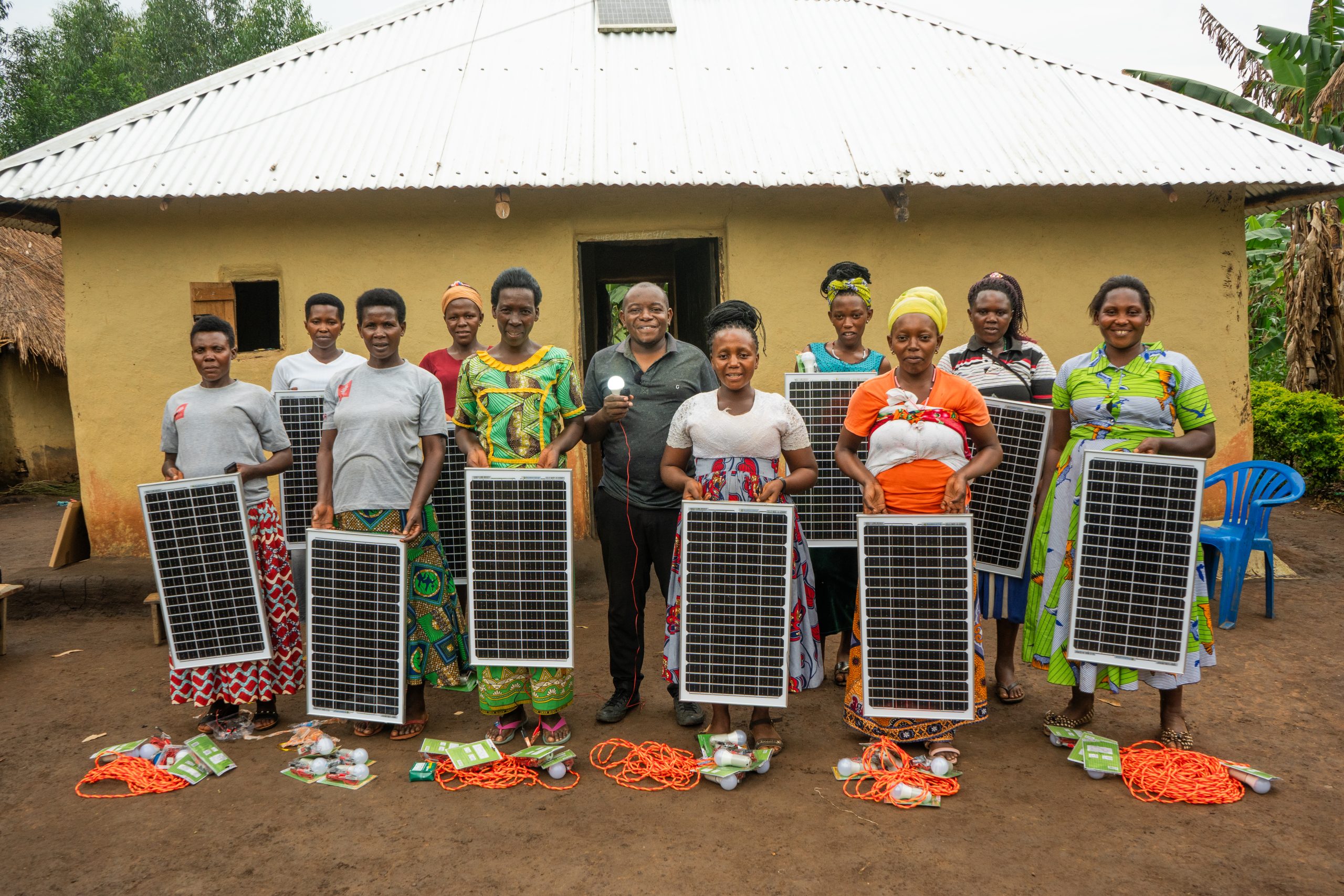Agriculture forms the backbone of Uganda’s economy, providing livelihoods for a majority of its population. However, the sector is not immune to the impacts of climate change, and farmers find themselves at the frontline of increasingly erratic weather patterns, shifting growing seasons, and threats to food security. In response to these challenges, there is a growing imperative to empower farmers to lead the transition to a Net Zero future, where agricultural practices not only sustain livelihoods but also contribute to environmental sustainability.
Uganda, endowed with fertile soils and diverse ecosystems, has the potential to be a leader in sustainable agriculture. Farmers across the country are witnessing changes in weather patterns that affect crop yields, pest and disease prevalence, and overall farm productivity. These shifts necessitate a paradigm shift towards climate-smart and regenerative farming practices that not only mitigate climate change impacts but also actively contribute to carbon sequestration.
One key aspect of enabling farmers to lead the transition to Net Zero is through the promotion of agroecological practices. Agroecology, as a holistic approach to farming, emphasizes the integration of ecological principles into agricultural systems. This includes the use of cover crops, diversified crop rotations, and agroforestry. By adopting such practices, farmers enhance soil health, reduce reliance on external inputs, and contribute to carbon sequestration, thereby aligning with the Net Zero agenda.
In addition to agroecology, the promotion of climate-smart technologies is crucial for empowering farmers in Uganda. These technologies include precision agriculture tools, efficient irrigation systems, and weather forecasting applications. Precision agriculture allows farmers to optimize resource use, minimizing waste and reducing the carbon footprint of farming operations. Efficient irrigation systems ensure judicious water use, a critical consideration in the face of changing rainfall patterns. Meanwhile, access to real-time weather information empowers farmers to make informed decisions and adapt their practices to changing climatic conditions.
To make the transition to Net Zero inclusive and impactful, it is essential to prioritize the involvement of smallholder farmers, who constitute the majority of Uganda’s agricultural workforce. These farmers often face limited access to resources, information, and markets. Initiatives that provide training, access to sustainable technologies, and market linkages empower smallholders to adopt climate-smart practices and enhance their resilience to climate change impacts.
Furthermore, recognizing the role of women in agriculture is pivotal to the success of the Net Zero transition. Women in Uganda play a central role in food production, yet they often face gender-specific challenges, including limited access to land and resources. By addressing gender disparities and promoting women’s participation in decision-making processes, initiatives can ensure that the benefits of sustainable agriculture reach every corner of Ugandan farming communities.
The concept of Net Zero agriculture goes beyond carbon neutrality; it encompasses a holistic approach to sustainable development. This includes fostering biodiversity on farms, protecting natural habitats, and promoting circular economies within agricultural systems. Farmers can become stewards of ecosystems, ensuring that their practices contribute to biodiversity conservation and the overall health of the environment.
Moreover, integrating livestock into regenerative farming systems can play a pivotal role in achieving Net Zero. Sustainable livestock management practices, such as rotational grazing and the use of organic fertilizers, contribute to soil health, reduce methane emissions, and enhance the overall sustainability of mixed farming systems. This approach not only aligns with the Net Zero agenda but also ensures the viability of livestock farming in the face of changing climate dynamics.
Government policies and institutional support are fundamental in enabling farmers to transition to Net Zero. Uganda’s policymakers need to create an enabling environment that incentivizes and supports sustainable agricultural practices. This includes providing financial support for the adoption of climate-smart technologies, offering training programs on regenerative agriculture, and incorporating sustainability criteria into agricultural policies and programs.
International partnerships and collaborations also play a crucial role in supporting Uganda’s farmers on their journey to Net Zero. Knowledge exchange, technology transfer, and financial assistance from the global community can amplify the impact of local initiatives, ensuring that Ugandan farmers have the tools and resources needed to navigate the challenges posed by climate change.
In conclusion, empowering farmers to lead the transition to Net Zero in Uganda is not only a necessity but also an opportunity to build a resilient and sustainable agricultural sector. By promoting agroecological practices, embracing climate-smart technologies, prioritizing the inclusion of smallholder farmers, addressing gender disparities, and integrating livestock sustainably, Uganda can emerge as a beacon of sustainable agriculture in the face of global climate challenges. With the right policies, support systems, and international collaboration, Ugandan farmers can not only adapt to a changing climate but actively contribute to a Net Zero future.



